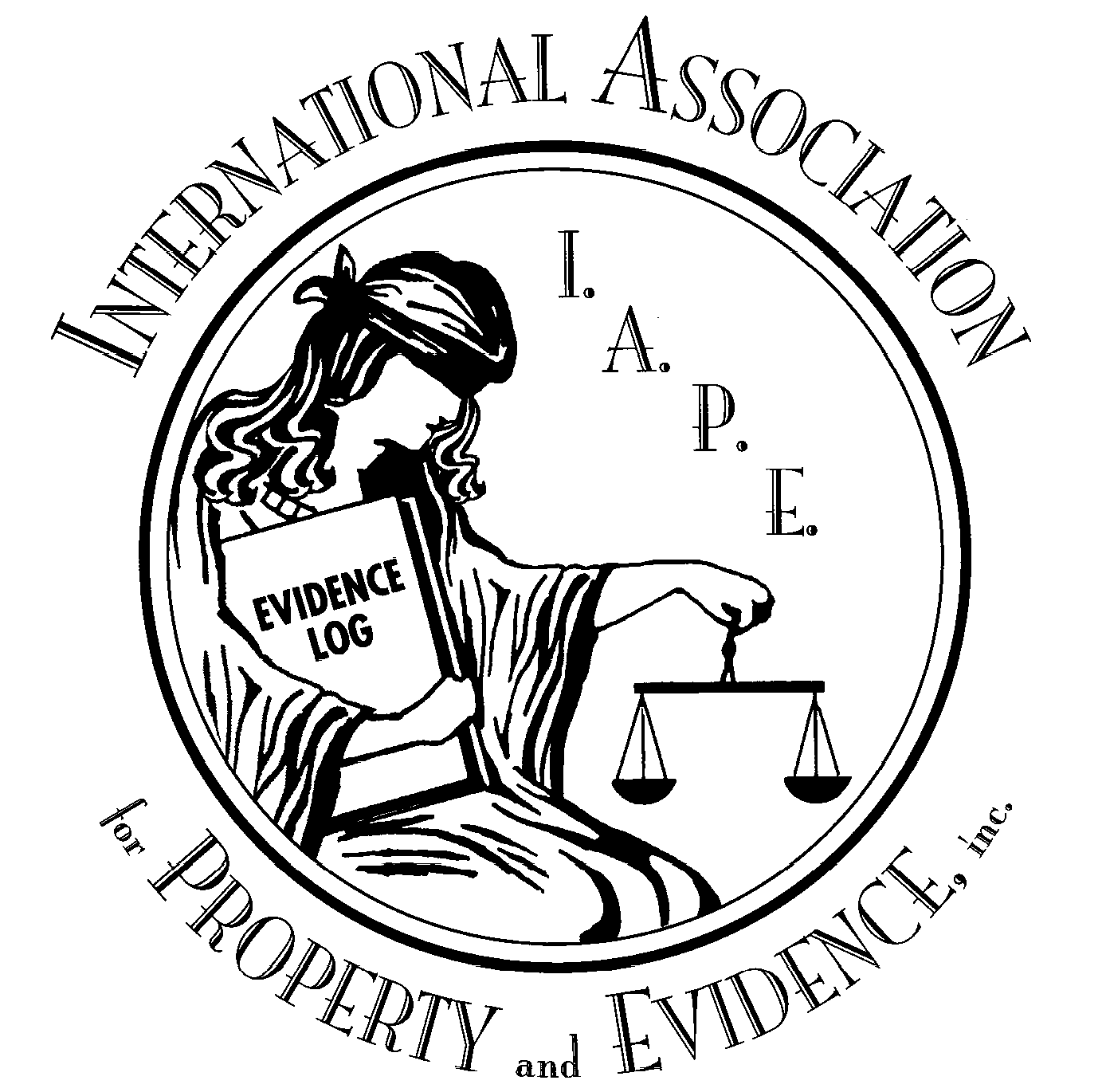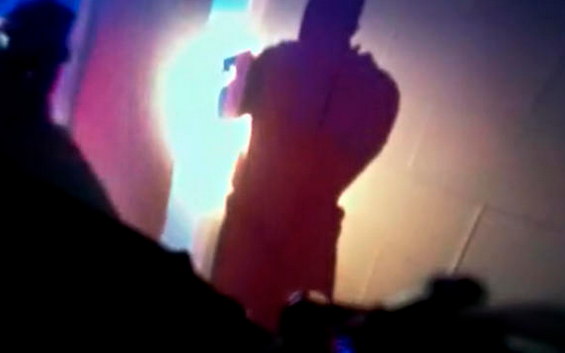Angell said that five videos made the night of the shooting by police officers – one from the body camera of Tanner Tixier, one from Daniel Brokaw, and three from Sonny Molina – had been edited prior to being uploaded to Evidence.com.
May 12, 2017
A former police detective and on-body camera expert said in a sworn affidavit that video recordings police made the night 19-year-old Mary Hawkes was shot and killed by an Albuquerque police officer were edited before being uploaded and saved as evidence.
Kevin Angell, a former Florida police officer who consults law enforcement agencies on on-body camera technology and policies, said when he reviewed Evidence.com video files of the Hawkes shooting, he could tell that at least five of the videos had been edited prior to being uploaded to the cloud-based storage system used by the Albuquerque Police Department. He said the video titles began with “clip,” which is how Evidence.com identifies altered videos. The title for original videos, he said in the affidavit, begin with “Axon_Flex_Video.”
“Several videos in the Hawkes case are designated as original videos, but the video downloaded is actually a clip,” Angell said in the sworn statement that was notarized May 2 as part of a civil lawsuit brought by Hawkes’ family against the city of Albuquerque and the officer who shot Hawkes. He was hired by Hawkes’ family attorneys to analyze video evidence in the case.
Angell said that five videos made the night of the shooting by police officers – one from the body camera of Tanner Tixier, one from Daniel Brokaw, and three from Sonny Molina – had been edited prior to being uploaded to Evidence.com.
Angell said of one of those videos that “since the video appears to show a fresh, active crime scene, minus clarity, and since the camera was not photographed, inspected, secured, nor taken as evidence in a homicide investigation, a reasonable, prudent person would question whether this video has been tampered with, altered, shortened, and/or degraded to prevent an accurate, independent video of the crime scene.”
“The plaintiffs’ attorneys should have provided this affidavit to the city in discovery during the litigation,” City Attorney Jessica Hernandez said in a prepared statement Thursday. “Because they did not, the city has not had the opportunity to review these new claims.”
The city has denied allegations that police were tampering with video evidence. It has said officers have edited videos to protect undercover officers or cover gruesome injuries, but that original versions are saved.
Many questions
Hours after spotting Hawkes driving a stolen truck, Albuquerque police officers tracked Hawkes to a mobile home park near Wyoming and Zuni just before dawn in April 2014. Hawkes scaled a wall and ran from police. Police say then-officer Jeremy Dear shot her after she pointed a gun at him.
Laura Schauer Ives, an attorney for the Hawkes family, said the affidavit supports previous allegations that police had destroyed and edited video from high-profile shootings – allegations that the U.S. Attorney’s Office has confirmed it is investigating.
“It should result in no faith from the community that when the officers tell us and the city tells us that a given shooting was necessary and justified that it was,” Schauer Ives said. “There is evidence hidden and destroyed in this case. We can’t possibly trust (the police’s) account if they are not going to preserve what existed the night of the shooting.”
Tom Grover, Dear’s attorney, said Angell’s allegations indicate the department violated policies and procedures that night. But he said the shooting was a “garden variety lethal force case” and that his client didn’t break any laws.
“I don’t think it says anything about the Hawkes shooting. What it says is there was incomplete production of videos gathered from the officers at the shooting,” he said. “My client’s device failed that night because the cord came out. As for the other officers’ videos, that all falls on the criminalistic unit.”
APD’s account challenged
Hawkes’ family has sued the city and Dear. Attorneys for the family have questioned the police department’s account of the incident, saying that facts in the case don’t align with the police’s side of the story.
Specifically, the lawsuit says that Hawkes’ DNA and fingerprints weren’t found on the weapon she allegedly had and her gunshot wounds indicate she was shot while running away, not after stopping, turning and pointing a gun directly at Dear as police said.
Dear said in an interview with investigators days after the shooting that the cord on his on-body camera was unplugged and didn’t record the shooting.
But other officers did make recordings that night.
And a former Albuquerque police records custodian said in a sworn affidavit in November 2016 that police edited and deleted some of those video recordings.
That former employee, Reynaldo Chavez, also has a ongoing lawsuit against the city.
In deposition testimony in March, Chavez went into more detail about how he said police were editing video recordings.
He said in certain police shooting cases, police uploaded video to Evidence.com, then made alterations or deleted parts of it. Then they deleted that file, took the altered version and uploaded it to a different file with the shooting’s case number so it appeared what was uploaded was original video.
“So you upload a video clip to Evidence.com. That becomes a parent. At that time, you go in and do whatever operation you want to that original. You – then it becomes the orphan,” he said in the deposition. “So you store that file. You can go in at the same time, close everything up, and the one that was the parent, actually go ahead and do the deletion, come back, (take) your orphan, upload it as if it were a new piece of evidence.”
Chavez also said during the deposition that he has been advised by the U.S. Attorney’s Office for the District of New Mexico not to discuss his allegations against Albuquerque police publicly. He said during the deposition that he has been interviewed by federal prosecutors.
After Chavez alleged last year that police had edited videos of shootings by police officers, the city of Albuquerque hired Elijah, a Chicago-based firm, to review Chavez’s claims. That review, which cost about $35,000, concluded that police could alter or delete lapel camera videos but the original video would also be saved.
Angell said that audit reviewed how Albuquerque police uploaded video and secured evidence currently, not how they did so back at the time of the Hawkes shooting.
“Elijah evaluated the system as it exists today, and not as it did in 2014,” Angell said in the affidavit.
Some key videos deleted
Schauer Ives also said in an interview that two videos Dear and Molina made several hours before Hawkes was shot – at about the time the officers found a stolen truck Hawkes was driving that night – were not given evidence ID numbers when they were uploaded to Albuquerque police’s Evidence.com.
The audit trail report shows the videos were deleted six months after the shooting. The Evidence.com user manual recommends police use the year and case number when they upload videos. Attorneys for the family won’t be able to see those videos, she said.
The videos were “significant enough for the department to review those videos but they deprived us of that opportunity, which is outrageous,” she said.



